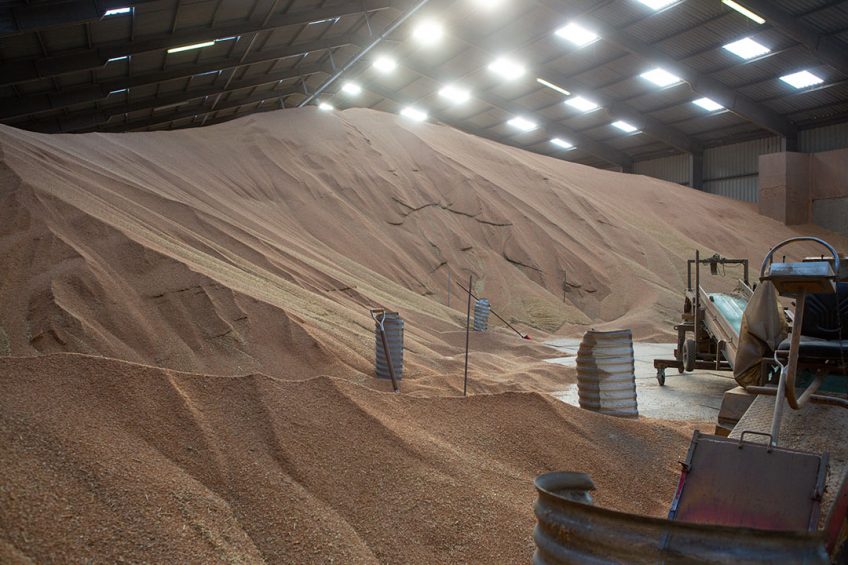Expensive feed drives up poultry prices in Kazakhstan

In Kazakhstan, poultry and eggs are getting more and more expensive. Skyrocketing feed prices are to blame, Ruslan Sharipov told local press.
To date, almost all countries of the post-Soviet bloc reported sharp price fluctuations on the domestic feed market during the past few months. These fluctuations followed price dynamics on the global grain market. The export price of Russian wheat recently hit US$ 270, and most analysts expect this price to increase even more.
“Feed accounts for nearly 70% of poultry and egg production costs. In 2019, the price of wheat was 46,000 tenge (US$ 109) per tonne, cheap compared to the current 100,000 tenge (US$ 237 )per tonne. The price of corn climbed by 50%, while the price of oilseeds, especially soybean meal, jumped by a factor 3, from 90,000 tenge (US$ 213) to 270,000 tenge (US$ 639) per tonne,” said Sharipov, chairman of the Union of Poultry Breeders of Kazakhstan.
Dependency on imports
The expensive feed is not the only problem Kazakh poultry farmers encountered over the past several months. The country depends on imports of live birds, veterinary drugs, feed additives, et cetera, all the way to production equipment. According to Sharipov, poultry farmers have to pay hard cash for these products, and the Kazakh tenge’s exchange rate weakened by nearly 10% in 2020. “Kazakhstan has no breeding base, which means we have to import day-old chicks, both for broiler and layer farms, and that is very expensive,” Sharipov explained.
 Ghana: Feed costs and floods threaten poultry industry
Ghana: Feed costs and floods threaten poultry industry
In the Bono Region of Ghana, a hub for egg production, egg prices have risen by about 50% in recent months, causing concern for the poultry industry.
In 2020, prices for both poultry and eggs increased sharply in Kazakhstan, the government agencies reported. The price per 10 eggs reached 362 tenge (US$ 0.85) at the end of the year, 19.6% up compared to the same period of the previous year. The prices are rising beyond the traditional seasonal fluctuations seen on the market every year. “In the summer months, independent farms have a seasonal increase in egg production. This causes an oversaturation on the domestic market and forces companies to sell eggs below their production costs because you cannot stop egg production,” Sharipov said, adding that the prices usually return to comfort levels during autumn months. The government must interfere in the current situation to stop the price hike, Sharipov argued. Some form of state support for both grain and livestock producers is needed. The support could be allocated in the form of subsidies to partly reimburse the cost of expensive feed, he added.













